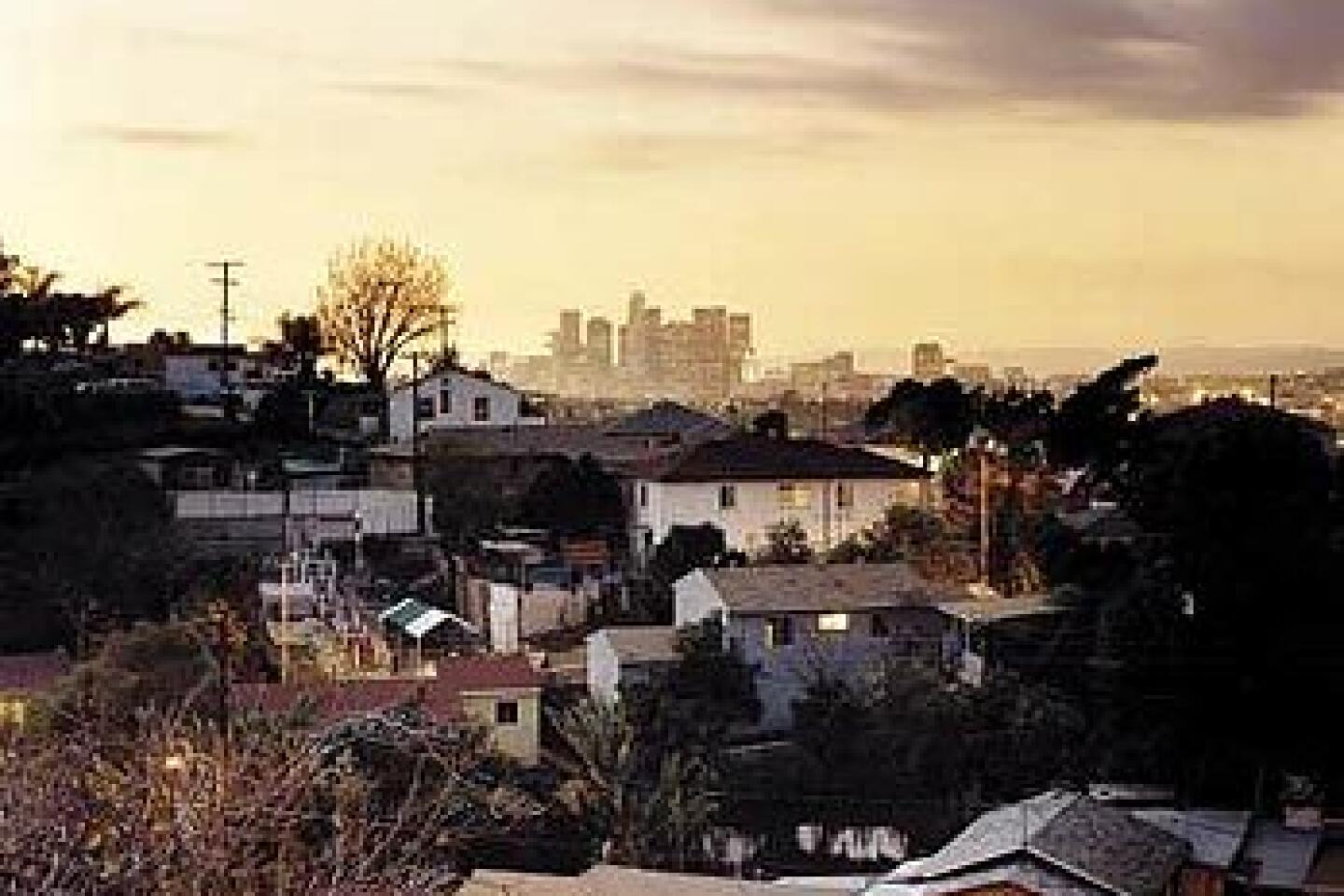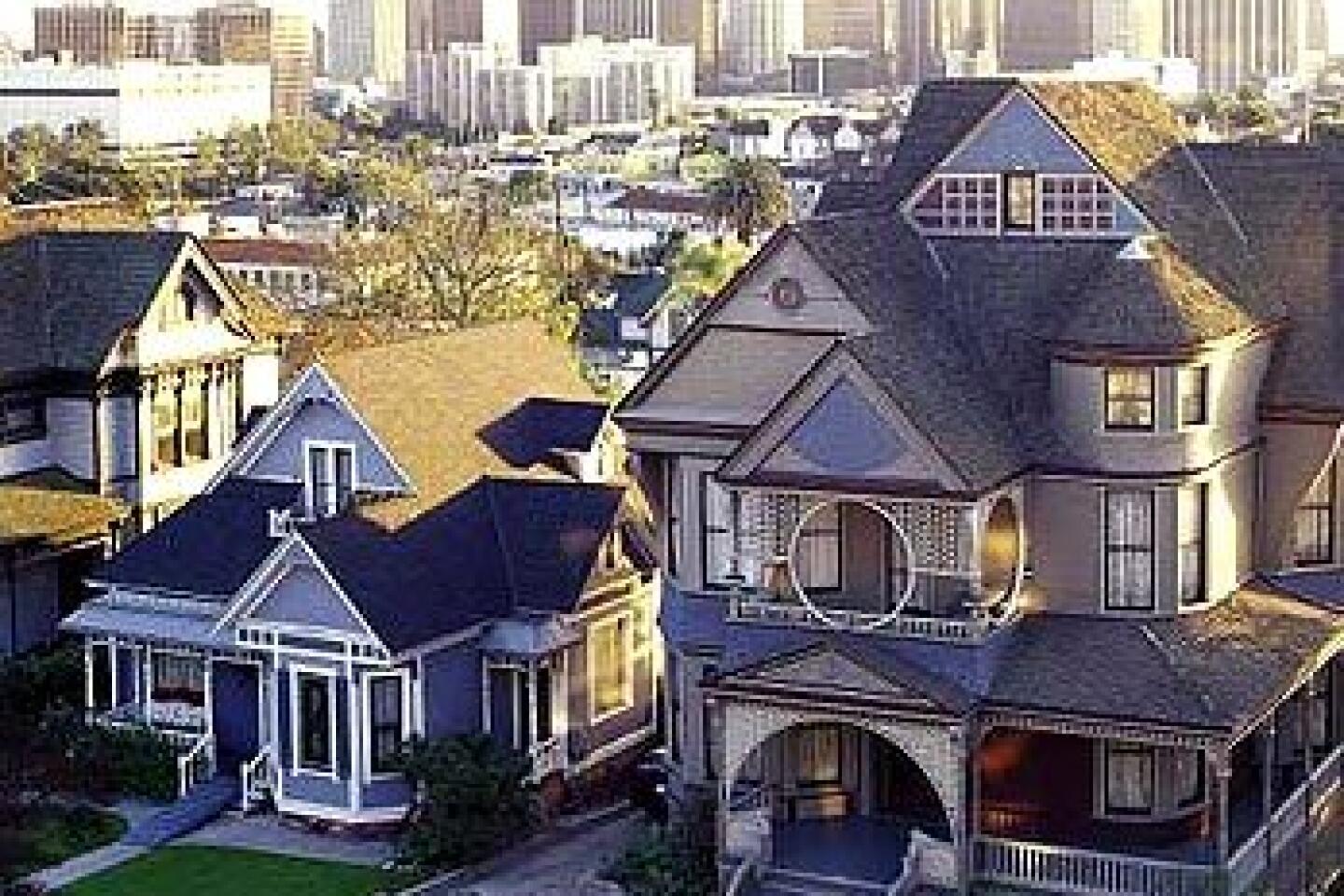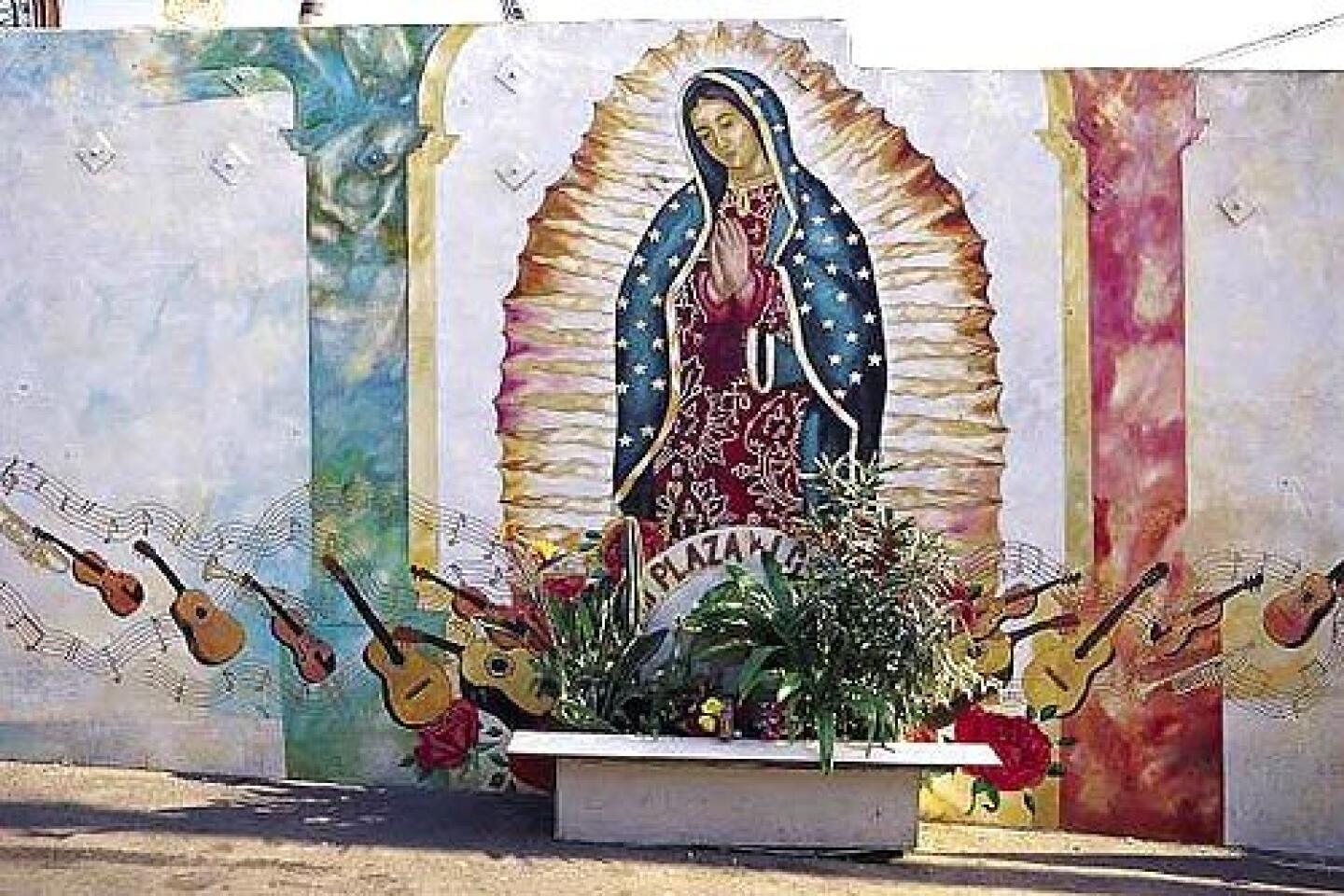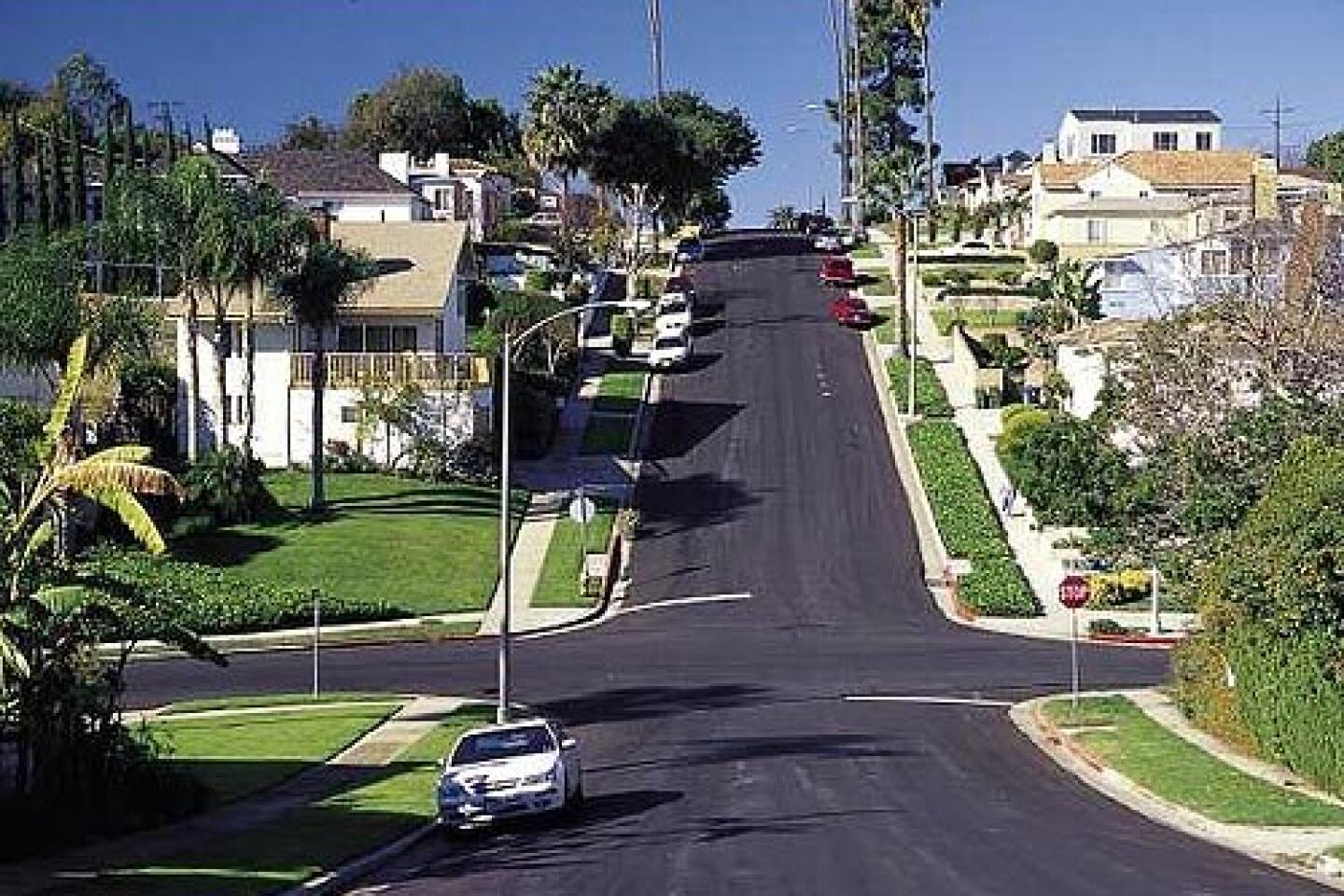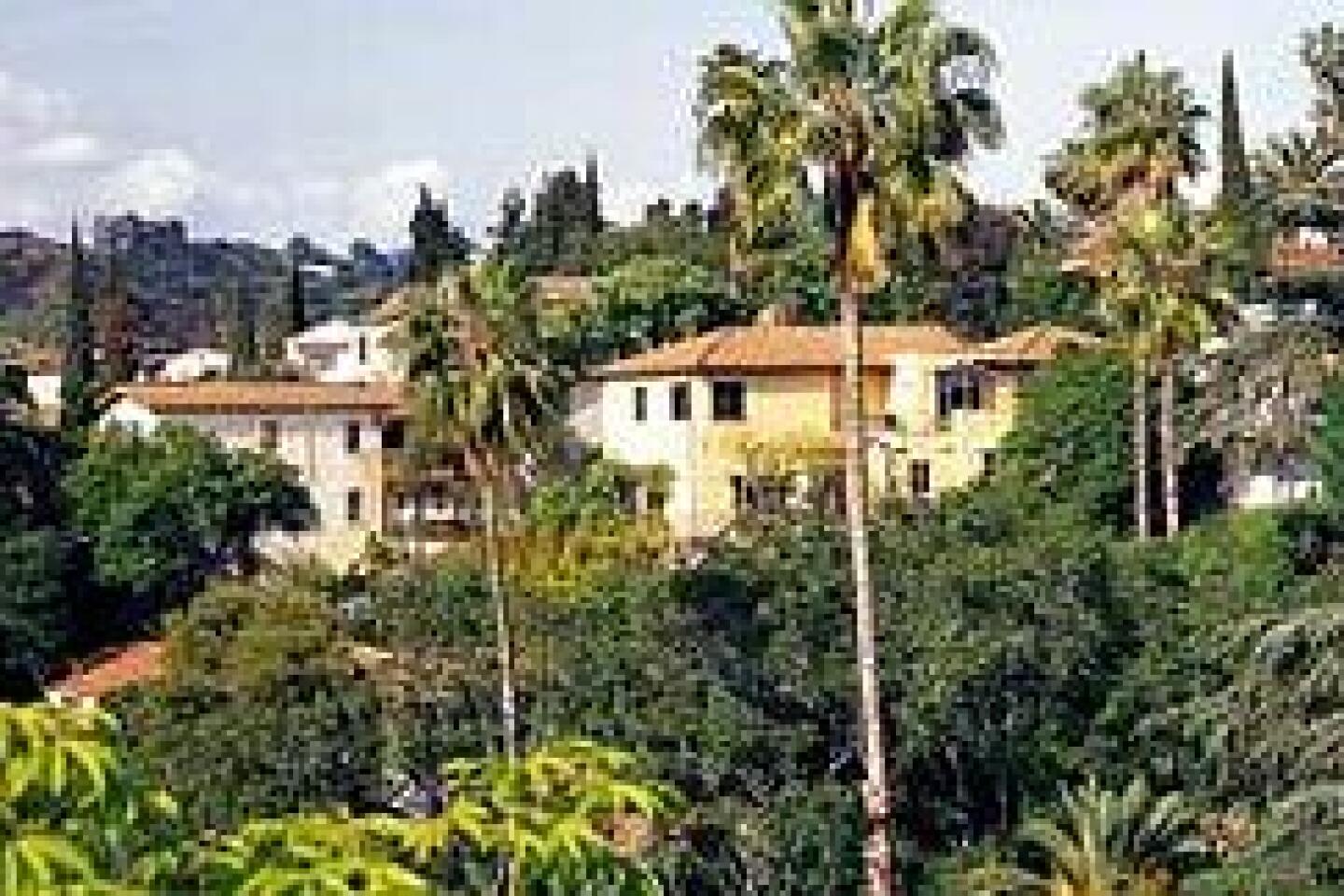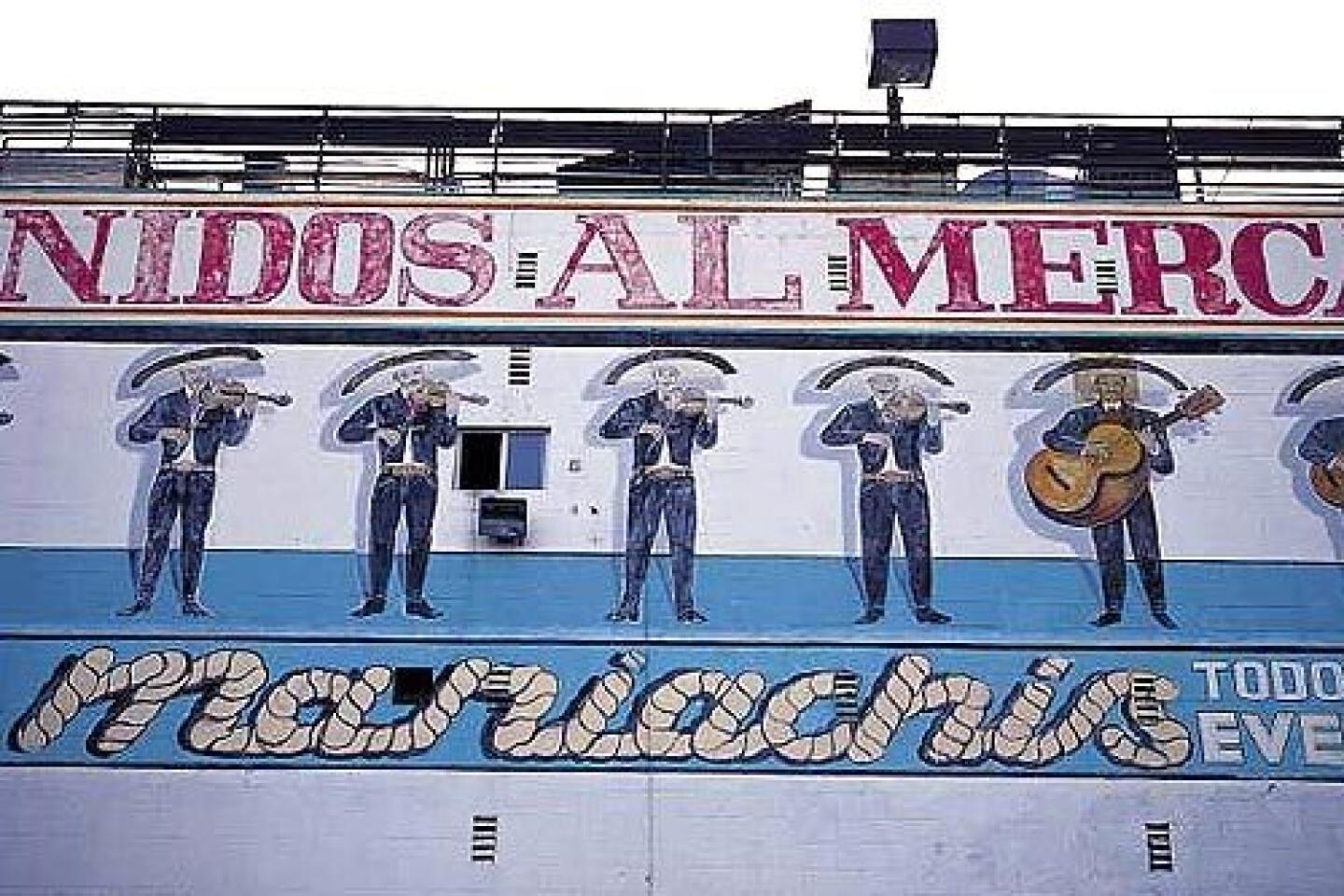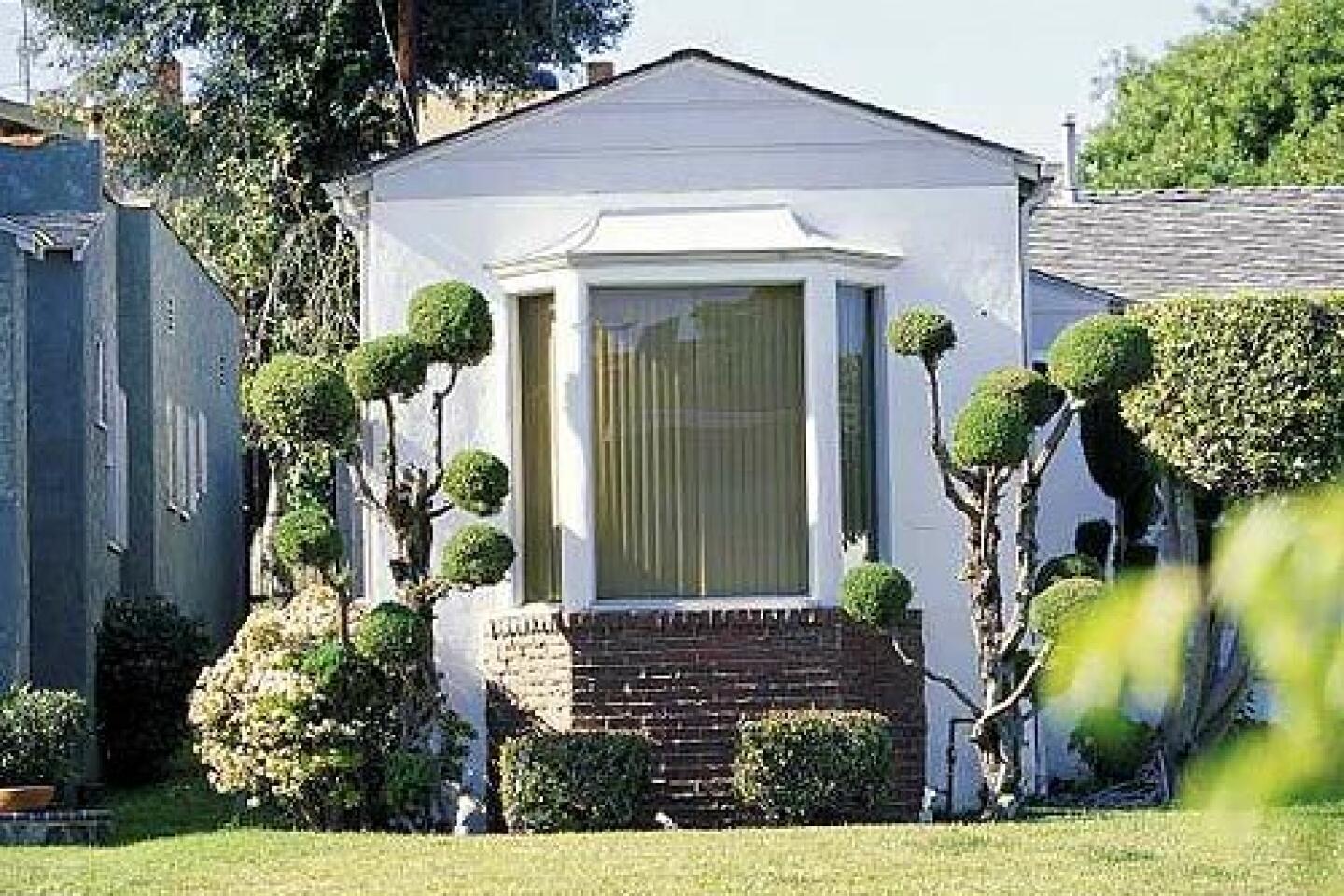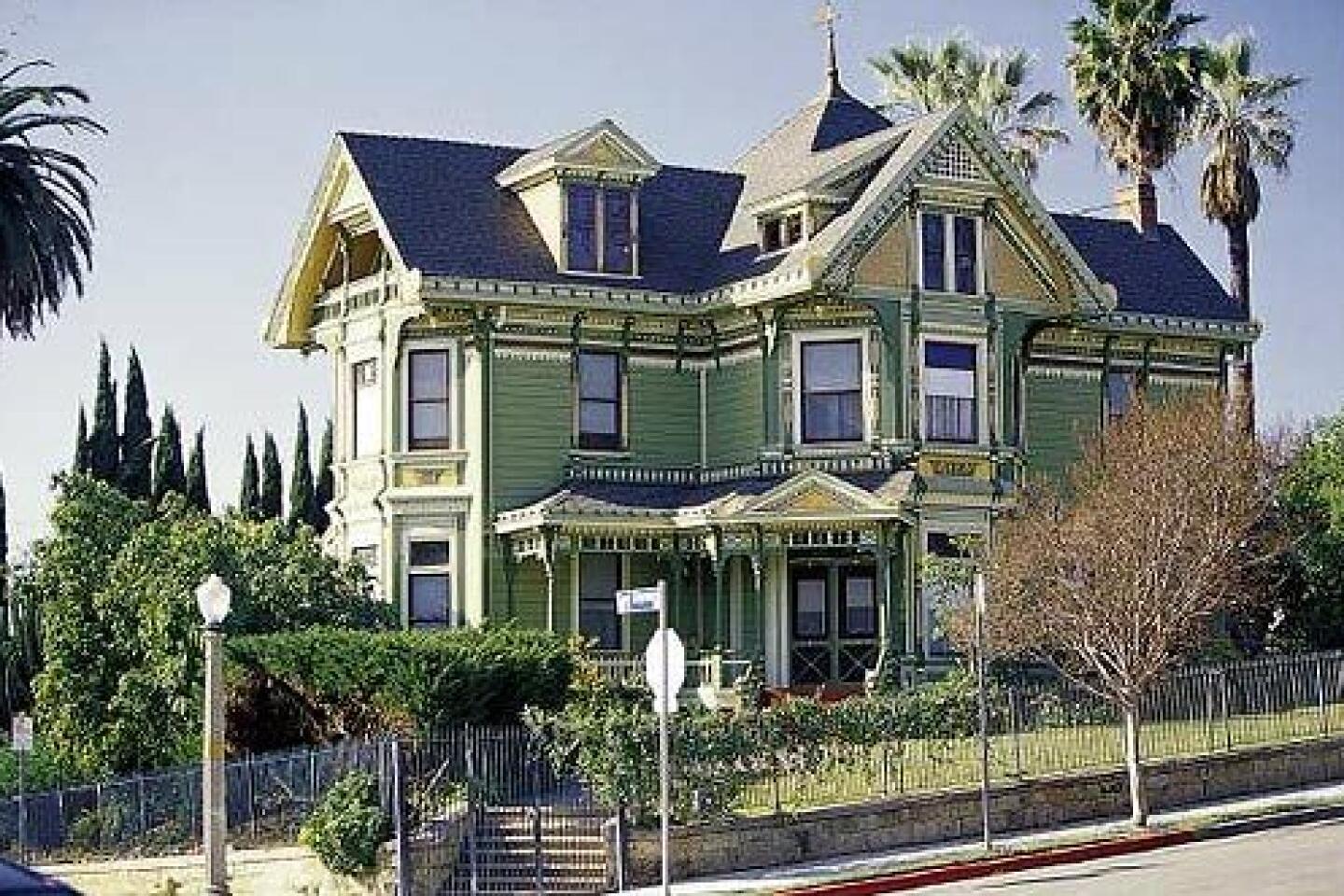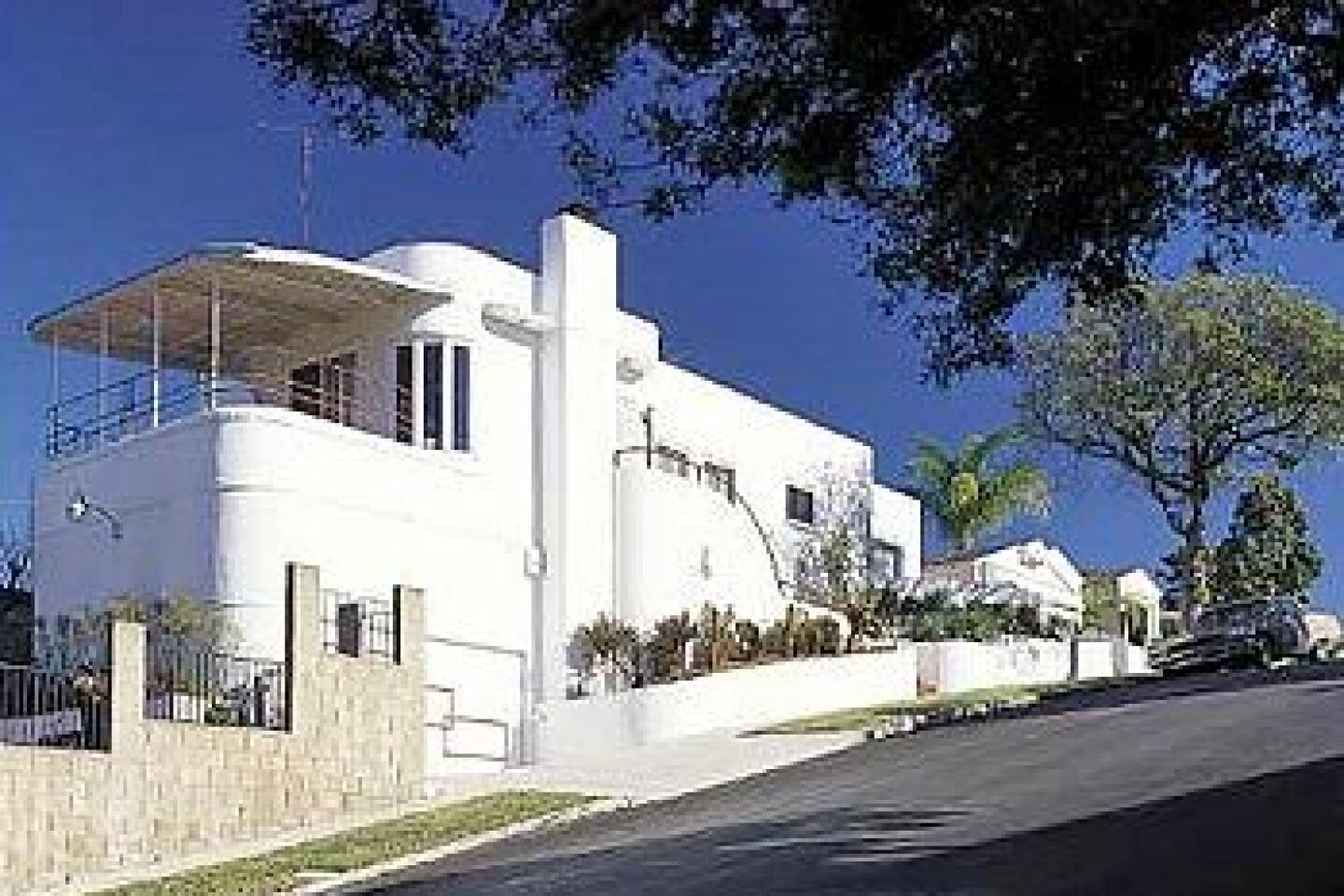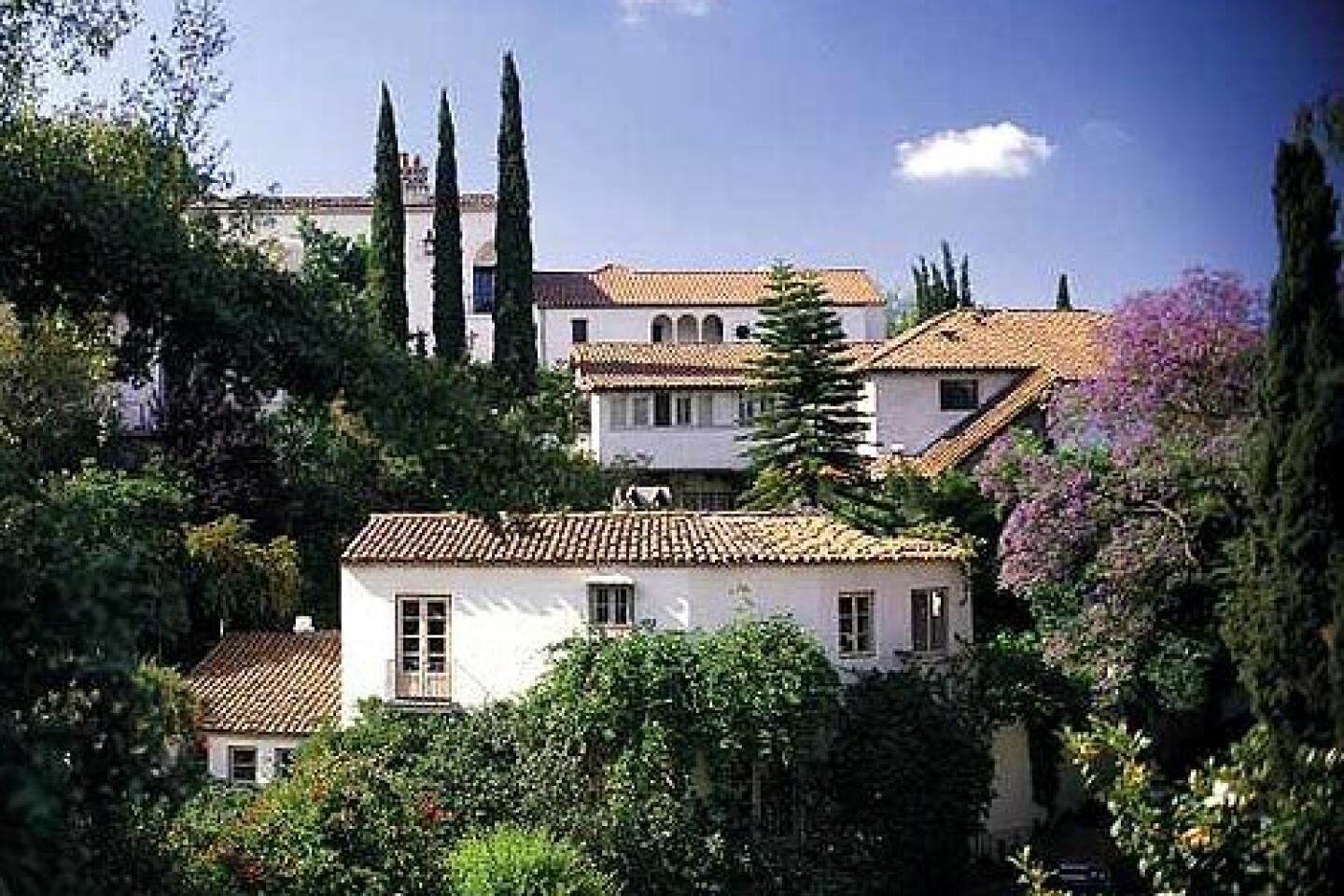View Heights
When I listen to the Louis Armstrong classic “What a Wonderful World,” I hear my neighborhood. From my upstairs office window I see what Louis sees: trees of green, skies of blue, “the bright blessed day and dark sacred night.” And I hum to myself, “What a wonderful view.” I live in the beloved, if less bling, sister of Ladera Heights, Baldwin Hills, Windsor Hills and View Park—the hilly neighborhoods between downtown and LAX that make up South L.A.’s extended black middle-class mecca. (Less bling ‘cause you know there are way more Clipper and Spark fans here.)
My friend Janet, who bought a house here a few years before I did, told me that her Realtor called View Heights the best-kept secret in all of Los Angeles. So I guess I should feel guilty about letting the word out, but I just gotta celebrate this place.
I love it, and not only for the views. There is a freedom to the landscape here, no tract-house uniformity. There are large, gorgeous Spanish-style homes from the late ‘20s and ‘30s; chic ‘50s bungalows where you’d expect to see Dorothy Dandridge cooking chitterlings for Otto Preminger; and plenty of ‘60s and ‘70s “Brady Bunch”-looking places.
Strolling these hills you see well-kept, in many cases beautifully tended, yards. You see Mexican tile steps leading to Pier 1-accented porches. You see palm trees that conjure up the Caribbean in one direction and cypress trees that recall Van Gogh in another.
And the neighborhood is actually quiet enough to hear these beauties sway. We are close to the airport but luckily not assaulted by the sound of jet engines; rather, our dark sacred nights are lighted by the floating star-like lanterns of 747s lined up to land.
View Heights is mostly black, but by no means exclusively black. There are a number of white families that have lived here for generations, and there are Asians and Latinos and a handful of interracial households. Still, there’s something touching about the old-school black love, black community feeling in this neighborhood.
There’s something Southern about the way we speak to one another. There’s a warmth in the gazes, especially of the elders who seem to whisper a kind of pride that a young black woman like me was able in times like these to buy a house in this neighborhood. Makes me so wish my Depression-era born Mississippi papa was still alive to hang out on my porch with me.
A few years before he passed, we went to see Carl Franklin’s film version of Walter Mosley’s “Devil in a Blue Dress.” The way Denzel, as Easy Rawlins, peacefully walked back to the home he owned in a healthy, thriving, black Los Angeles neighborhood and said these closing words—”[I] sat with my friend, on my porch, at my house and we laughed a long time”—made my dad burst into tears.
I like thinking about my pops, on my porch, in my easy chair, looking out on View Heights. I laugh, get a little choked up and I think to myself, “What a wonderful view.”
More to Read
Sign up for The Wild
We’ll help you find the best places to hike, bike and run, as well as the perfect silent spots for meditation and yoga.
You may occasionally receive promotional content from the Los Angeles Times.
